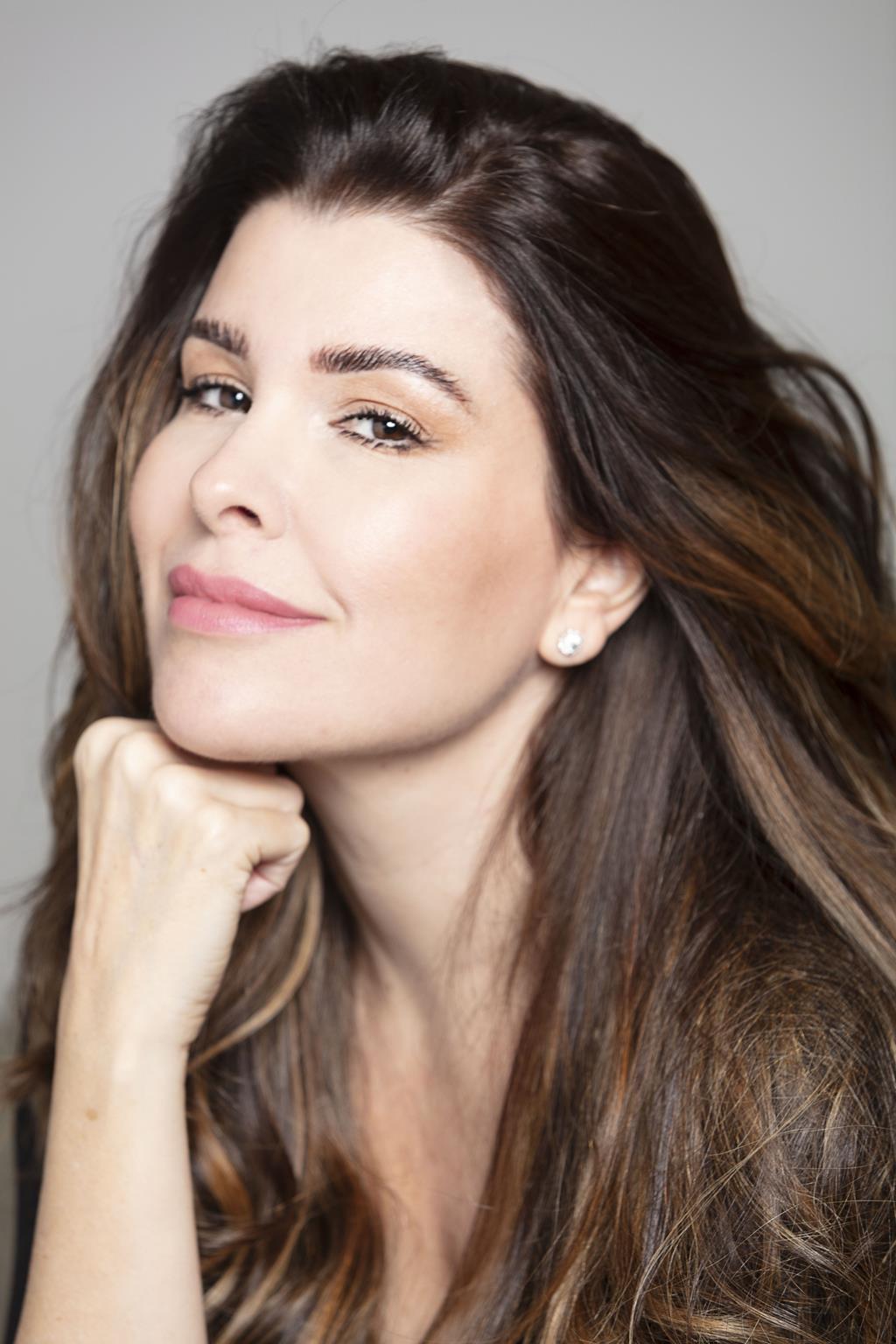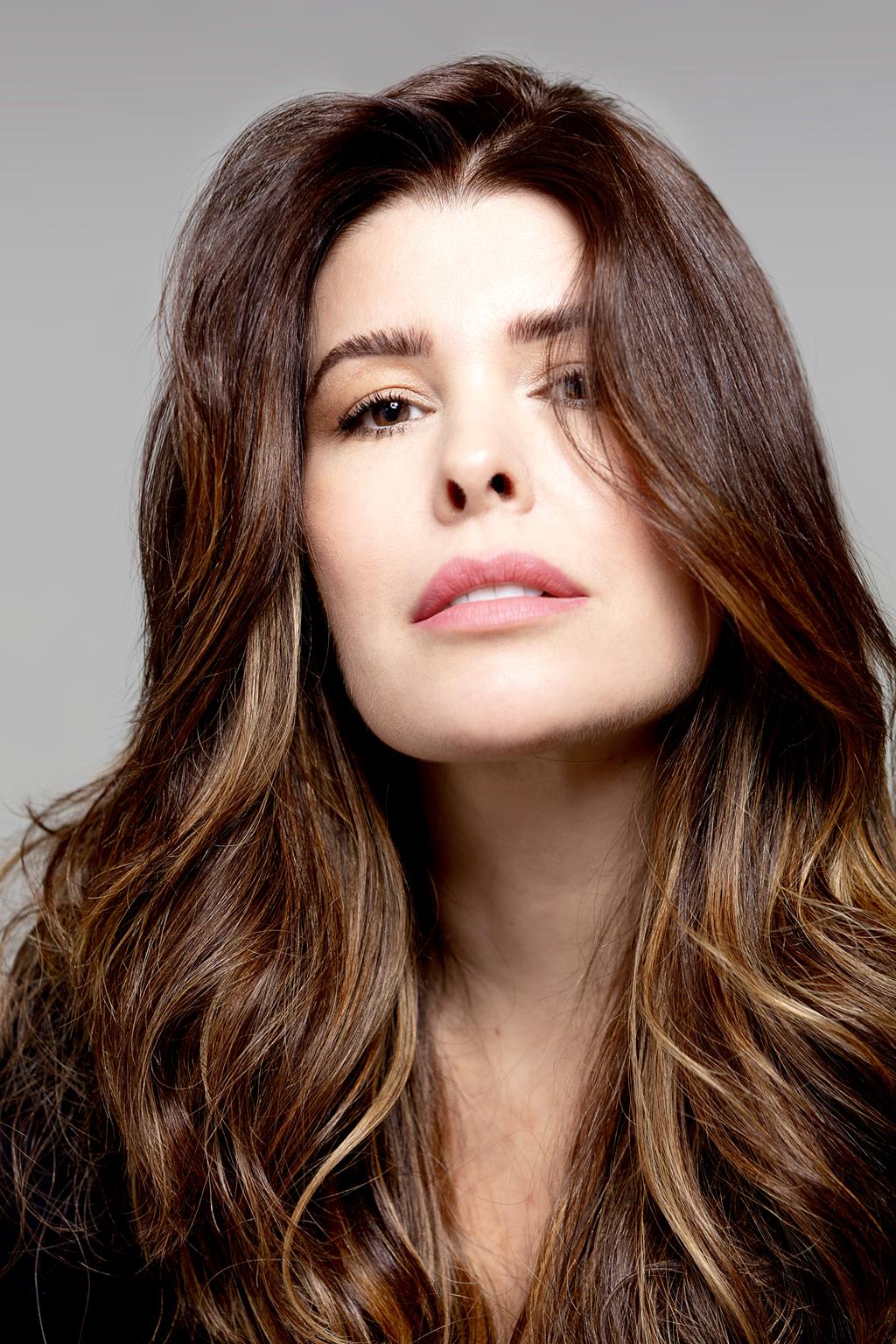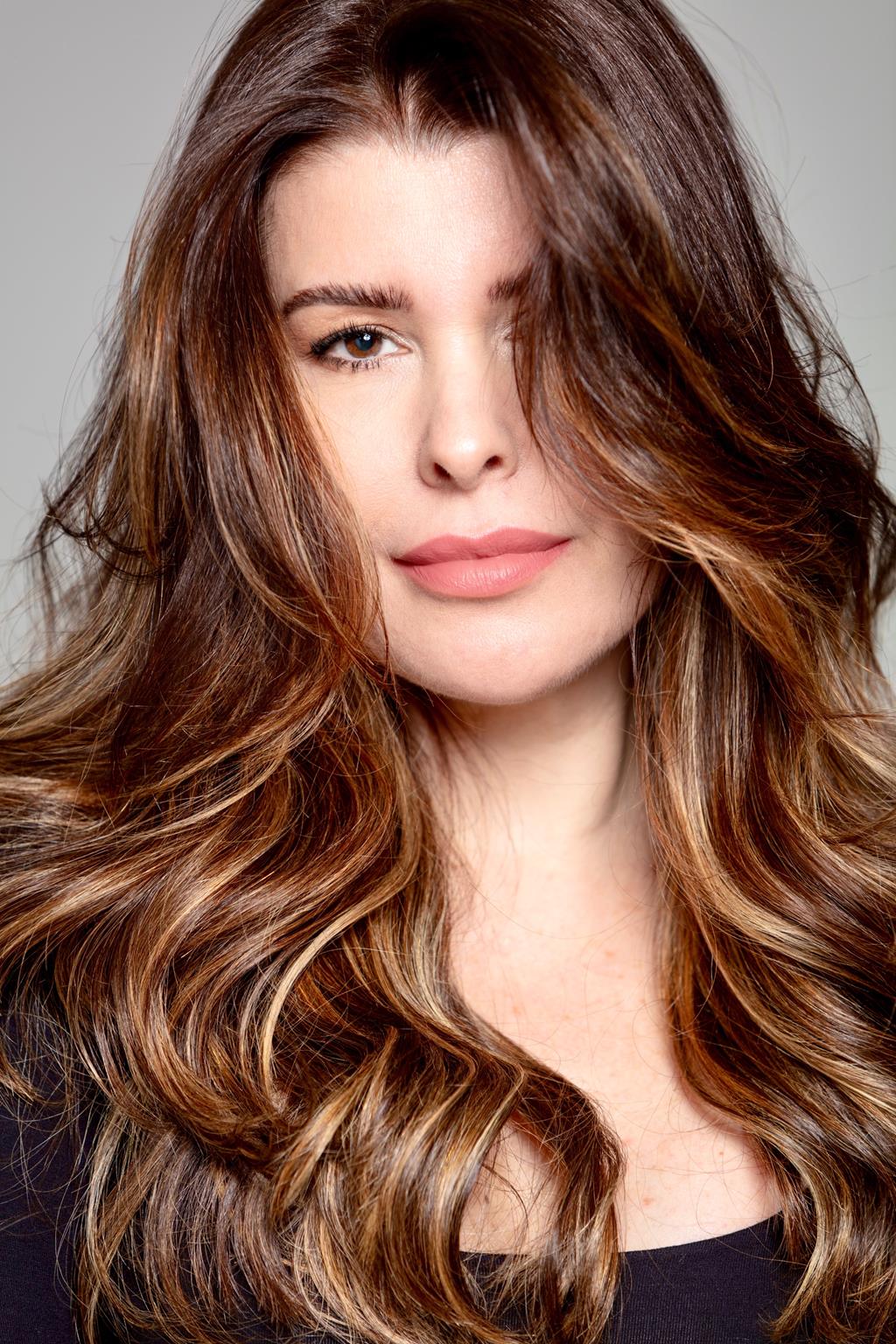
After more than 15 years enchanting stages in Brazil and Europe with her unique fusion of lyrical singing and MPB (Brazilian Popular Music), Minas Gerais singer Nádia Figueiredo returns to her hometown to perform “Versatile in Concert” on August 5th at the Café com Letras Jazz Club in Belo Horizonte. Blending jazz, Brazilian music, and foreign languages, the show marks not only a warm reunion with the Minas Gerais audience, but also a new era in her artistic career, where musical freedom is the guiding principle.
You’ve performed on grand stages like the coliseums of Lisbon and Porto, but now you’re returning for a solo show in Belo Horizonte, your hometown. What does this moment mean to you, emotionally and artistically?
I left Belo Horizonte in my early twenties to live in São Paulo at the invitation of the modeling agency Next Models. Many people didn’t know Nádia, the singer. I sang a lot as a child and teenager and then took a musical hiatus to work as a model. When I decided to study opera singing, I was 31. Since then, I’ve never stopped studying and trying to improve my technique. Even though I live in Rio de Janeiro, I don’t consider myself a Carioca; I’m a proud Minas Gerais native. The welcome I receive in my city is very warm. There are many memories and also a bit of melancholy, because I wish my father could be there; he was a big fan and was taken away during the pandemic.
The “Versatile in Concert” project reflects your essence of transitioning between styles, idioms, and timbres. At what point in your career did you realize that versatility was more than a resource—it was actually part of your identity?
As a teenager, I realized I was different, I didn’t fit the mold. I remember one of my high school performances, where I wore a polka-dot dress and played guitar with a band of boys with long hair. The contestants were competing for best musical composition, and the jury was made up of nuns, as I attended a Catholic school. That wasn’t common at the time. I needed that freedom on stage and in life; I enjoy using my creativity and versatility, exploring rhythms, sounds, and languages.

You combine lyrical technique with the lightness of MPB and other contemporary influences. What was the process of finding this balance between two worlds that, for many artists, seem so distant?
Soon after I began studying lyrical singing technique, I knew I wanted a different project, and I mistakenly thought that if I sang opera arias, popular singing would be easy. I admit it wasn’t a humble thought; we use very different areas of the vocal apparatus, and live performances make it difficult to seamlessly transition between the two extremes.
On stage, you’ll be alongside renowned musicians like Evan Megaro, Enéias Xavier, and André Limão Queiroz. How has this musical dialogue been developing between you, and what can the audience expect from this encounter?
The public can expect a very pleasant evening.

Even with so many achievements under your belt, you mention that singing in Belo Horizonte is special. How do the city and your personal history there still influence your art and creative choices today?
Returning to BH and returning to the place where it all began, I have good memories.
You’re also the author of a book on vocal technique and the founder of a music label. Amidst so many roles, how do you find the time and inspiration to continue creating freely?
When we really like something, we channel our energy into it, and that’s how it is with music.

Your next single is coming soon, and this show marks a turning point in your career. Can you give us a sneak peek into what’s coming up in terms of sound, theme, or artistic direction?
I can’t share information about the new single yet, but I hope to be able to do so soon.
In a world so demanding of definition and labels, you’ve chosen a career that celebrates fluidity. What advice would you give to other artists who are afraid to step outside the box and pursue a more authentic path?
I don’t know if I’m the best person to give advice, but my thought is: “-The more faithful the artist is to his essence, the greater the likelihood of him being able to convey emotion to his audience.”
Follow Nádia Figueiredo on Instagram


